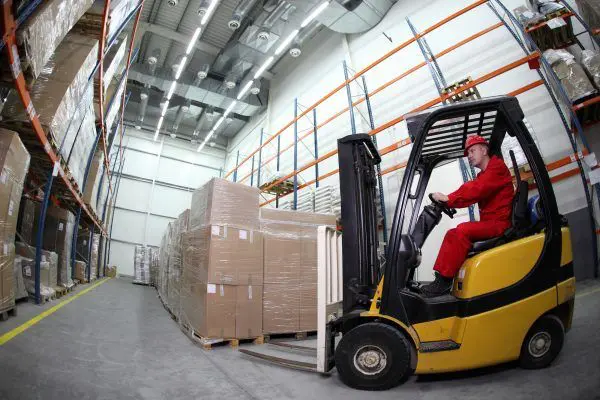With training being key within the logistics and medical supplies industries, The British Industrial Truck Association (BITA) and Gov.uk have both given advice on Safe Cleaning Practices of Mechanical Handling Equipment (MHE) during the current pandemic we find ourselves in.
We have gone through both sets of information, and have outlined below the KEY aspects relevent (this is not way takes away from the rest of the information provided, all of which can be found on the links provided at the bottom of each section.)
Remember, information provided by the equipment manufacturer takes precedence over any other advise given on this website, either BITA or Gov.uk website, or any other documents made available by either HL Training, BITA or Gov.uk.
The British Industrial Truck Association (BITA)
The following advice is provided for materials handling equipment in regular use where there is no formal identification of contamination by the coronavirus.
Examples of surfaces that should be wiped clean
Before applying cleaning products always refer to the truck’s operator’s manual.
• Steering Wheel
• Control Switches & Levers
• Touch sensitive display screens
• Grab handles
• Seat belts
• Dashboards & shared chassis areas
• Floor mats
• Access covers, e.g. battery change, fuel cap
Fork Lift Trucks; other surfaces
Unless a specific risk has been identified, special cleaning measures for surfaces which are not normally touched more frequently than every 72 hours are not required.
Waste
Any waste generated as a result of any cleaning process should be disposed of in contaminated waste, and should be sealed in a plastic bag, which is subsequently sealed in another plastic bag.
This is to be stored away from normal waste. See details from Public Health England to the right, for more information on storage etc.

We would like to thank both BITA and Public Health England for their advice on these matters, and would urge everyone operating MHE during these times to stick firmly to their advise – along with the additional advise of keeping social distancing in place whilst operating within your working environment.
Remember, where service critical training is required, we have instructors ready and available.
For a quote or more information on how we can deliver training in these testing times, email [email protected] or call 0117 9525625 opt 1.
Public Health England (Gov.uk)
Cleaning and disinfection
All surfaces that the symptomatic person has come into contact with must be cleaned and disinfected, including:
Use disposable cloths or paper roll and disposable mop heads, to clean all hard surfaces, floors, chairs, door handles and sanitary fittings, following one of the options below:
• use either a combined detergent disinfectant solution at a dilution of 1,000 parts per million available chlorine
or
• a household detergent followed by disinfection (1000 ppm av.cl.). Follow manufacturer’s instructions for dilution, application and contact times for all detergents and disinfectants
or
• if an alternative disinfectant is used within the organisation, this should be checked and ensure that it is effective against enveloped viruses
Avoid creating splashes and spray when cleaning.
Any cloths and mop heads used must be disposed of and should be put into waste bags as outlined below.
Waste
Waste from possible cases and cleaning of areas where possible cases have been (including disposable cloths and tissues):
1. Should be put in a plastic rubbish bag and tied when full.
2. The plastic bag should then be placed in a second bin bag and tied.
3. It should be put in a suitable and secure place and marked for storage until the individual’s test results are known.
Waste should be stored safely and kept away from children. You should not put your waste in communal waste areas until negative test results are known or the waste has been stored for at least 72 hours.
• if the individual tests negative, this can be put in with the normal waste
• if the individual tests positive, then store it for at least 72 hours and put in with the normal waste
If storage for at least 72 hours is not appropriate, arrange for collection as a Category B infectious waste either by your local waste collection authority if they currently collect your waste or otherwise by a specialist clinical waste contractor. They will supply you with orange clinical waste bags for you to place your bags into so the waste can be sent for appropriate treatment.





